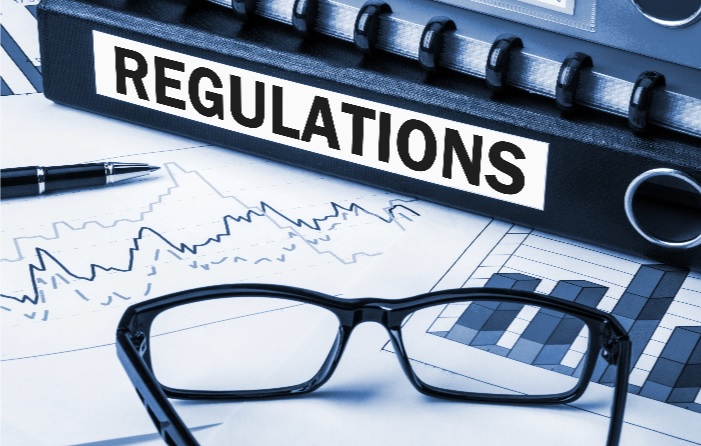The world of CFD (Contract for Difference) trading offers immense opportunities for investors to speculate on price movements in various financial markets. However, this dynamic and potentially lucrative arena also comes with its fair share of risks. One crucial factor that every CFD trader should prioritize is the regulatory environment in which they operate. In this article, we’ll delve into the significance of regulation and compliance in CFD trading and why it is essential for a safe and secure trading experience.
The Importance of Regulation
1. Investor Protection
Regulatory bodies exist to safeguard the interests of traders and investors. They set specific rules and guidelines that brokers must adhere to, ensuring that traders are treated fairly and that their funds are protected.
2. Market Integrity
Regulations help maintain the integrity of financial markets. They prevent market manipulation, fraud, and other illicit activities that can harm both individual traders and the overall market.
3. Risk Mitigation
Regulated brokers are required to implement risk management measures, such as segregating client funds from their own operational funds. This helps prevent situations where a broker’s financial troubles could potentially impact the funds of their clients.
4. Transparent Operations
Regulatory bodies mandate brokers to provide transparent information about their services, fees, and the risks associated with trading CFDs. This transparency empowers traders to make informed decisions.
Understanding Regulatory Bodies
1. Financial Conduct Authority (FCA)
Based in the UK, the FCA is one of the most reputable regulatory bodies in the financial industry. Brokers under FCA regulation are held to high standards of conduct and must comply with strict rules.
2. Cyprus Securities and Exchange Commission (CySEC)
CySEC regulates many brokers in Europe. It enforces standards for financial services firms to ensure fair and transparent operations.
3. Australian Securities and Investments Commission (ASIC)
ASIC is Australia’s corporate, markets, and financial services regulator. It oversees a wide range of financial institutions, including CFD brokers.
How to Verify Regulatory Compliance
1. Check for Licensing
Ensure that your chosen broker is licensed and regulated by a reputable authority. You can usually find this information on the broker’s website or by contacting their support team.
2. Review the Broker’s History
Research the broker’s track record, including any past regulatory issues or fines. This can provide valuable insights into their compliance history.
3. Verify Segregation of Funds
A regulated broker should segregate client funds from their operational funds. This separation ensures that even in the event of the broker’s insolvency, client funds remain protected.
Conclusion
Regulation and compliance are the cornerstones of a safe and secure CFD trading experience. Trading with a regulated broker provides a layer of protection and ensures that you’re operating in a fair and transparent environment. Always conduct thorough due diligence before choosing a broker, and prioritize regulatory compliance as a non-negotiable aspect of your trading journey. By doing so, you’ll be setting yourself up for a more secure and successful trading experience.

